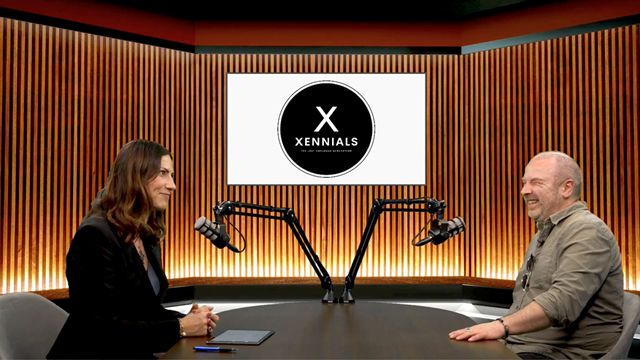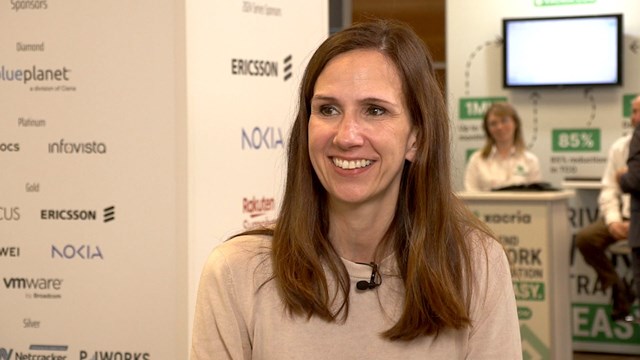To embed our video on your website copy and paste the code below:
<iframe src="https://www.youtube.com/embed/1bIfBum7mrc?modestbranding=1&rel=0" width="970" height="546" frameborder="0" scrolling="auto" allowfullscreen></iframe>
Uwe Janssen, VP Innovation and Research, Deutsche Telekom
There are many deployment challenges associated with 5G. Operators are already struggling with showing ROI on current mobile technology, so the pressure on 5G is immense. Yet any operator can't afford to ignore 5G – the 100-fold increase in future capacity requirements means new network equipment deployment is inevitable. According to Deutsche Telekom, more needs to be done by the industry as a whole to address the gaps in innovation, especially in the deployment area. For example, with virtualisation, there is still no substantial work completed on how new data centres should look like, other than that they need to be different from IT data centres.
As Use Jenssen says, the telco's "classic" vendors don't deliver on this, hence the need for collaborations with other operators and projects, such as Facebooks's TIP. Deutsche Telekom is already working with a wide range of partners, including start-ups and new companies, using the best of open source and open software.
Another example is Deutsche Telekom's xRAN project. The telco has long wanted its base station suppliers to open up the interfaces between and within base stations. Working with other operators, such as SK Telecom and AT&T, along with researchers at Stanford University, it is hoping to define a new standardised interface between software and hardware, with clear separation between user plane and control plane and a more flexible and open software architecture. But times of operator specification solutions are long gone; these initiatives need to be industry-wide.
Software-based networks also means that operators can de-risk the impact of using smaller and less experienced vendors. A 30,000 site hardware-based deployment carries huge risk, but doing it with a software-based approach means Deutsche Telekom can more easily integrate smaller companies into the process, with the ability to change approaches and solutions within in a couple of weeks.
The move to 5G and an increased focus on industry sectors brings with it more complications. Industrial customers all have their own needs and requirements. 5G is not just about a high spectrum radio interface. It's about the introduction of flexibility in the network, with software to enable industry-specific network slicing, which also leads to a much faster rate of innovation.
Filmed at: 5G World, London, 14 June 2017
Producer / Camera: Gitte Daniels – Editor: Gino Isaacs
Email Newsletters
Sign up to receive TelecomTV's top news and videos, plus exclusive subscriber-only content direct to your inbox.




